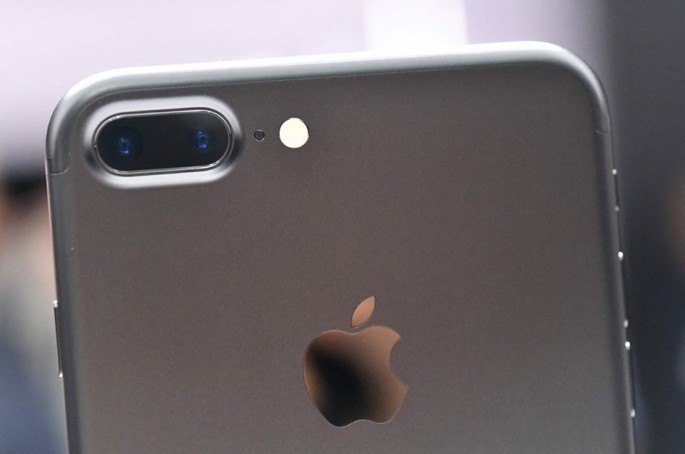Apple's iPhone 7 Plus is the latest premium smartphone along with LG V20 and Huawei's P9 to include a dual-camera module. American chip giant Qualcomm hopes its new Clear Sight technology will make it easier for handset manufacturers to add dual-lens cameras to phones. The semiconductor company's camera tech functions like the rods and cones in the human eye and produces sharper images.
Qualcomm's new tech includes other features. It can also result in boosted dynamic range (difference between brightest and darkest areas) and less noise in low-light conditions.
A Qualcomm press release dated September 15, Thursday explained the cones and rods in the human eye. The cones capture color but include environments with lots of light. Meanwhile, the rods capture light in low-light areas but pick up less color.
Clear Sight contains a pair of cameras and each of them has its own lenses and image sensors.
The focal length of the lenses is equal to the human eye so they detect the same distance. One camera has a black and white image sensor for capturing more light like rods, while the other camera has a color image sensor that works like cones.
Qualcomm explained that the two sensors are almost the same and the only dissimilarity is a layer of color filter. It was just added to the color sensors.
As a result the black and white sensors cannot pick up color but capture up to three times more light, according to Tech Times. This helps when snapping photos in low-light environments.
Black and white photos had big differences when Qualcomm removed the color filter. They had better contrast, more sharpness, and less noise. Meanwhile, combining the black and white images and color images resulted in excellent photo quality.
Qualcomm's Clear Sight tech is only available for the high-end Snapdragon 820 and upcoming Snapdragon 821 processors.
In related news, an award-winning photojournalist has tested the iPhone 7 Plus' dual-lens camera. Brooks Kraft won the 2013 International Photographer of the Year award, and reported that the lens upgrades and sharper image resolution make the dual-camera system a game-changer.
The wide-angle lens on the iPhone 7 camera now has an aperture of F1.8, which allows 50 percent more light to get to the sensor. Apple claims the extra 56mm lens will also boost image quality in several ways.
Kraft reported the iPhone 7 Plus greatly improved smartphone photography due to factors such as color accuracy, optical zoom, and picture quality in low-light environments, according to Fast Company.
Here's a video on the iPhone 7 Plus dual-lens module:






















